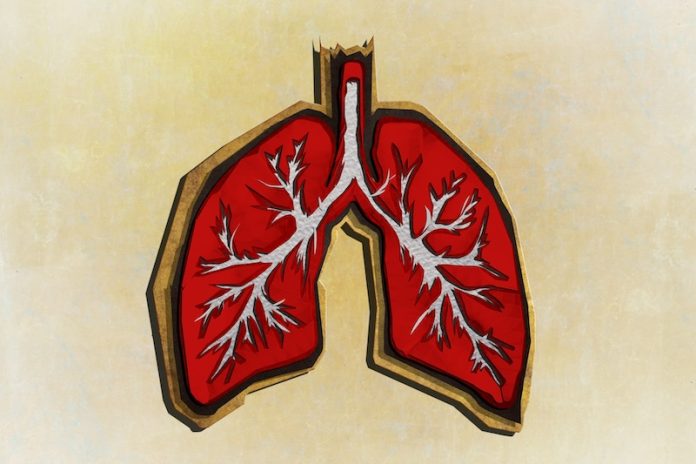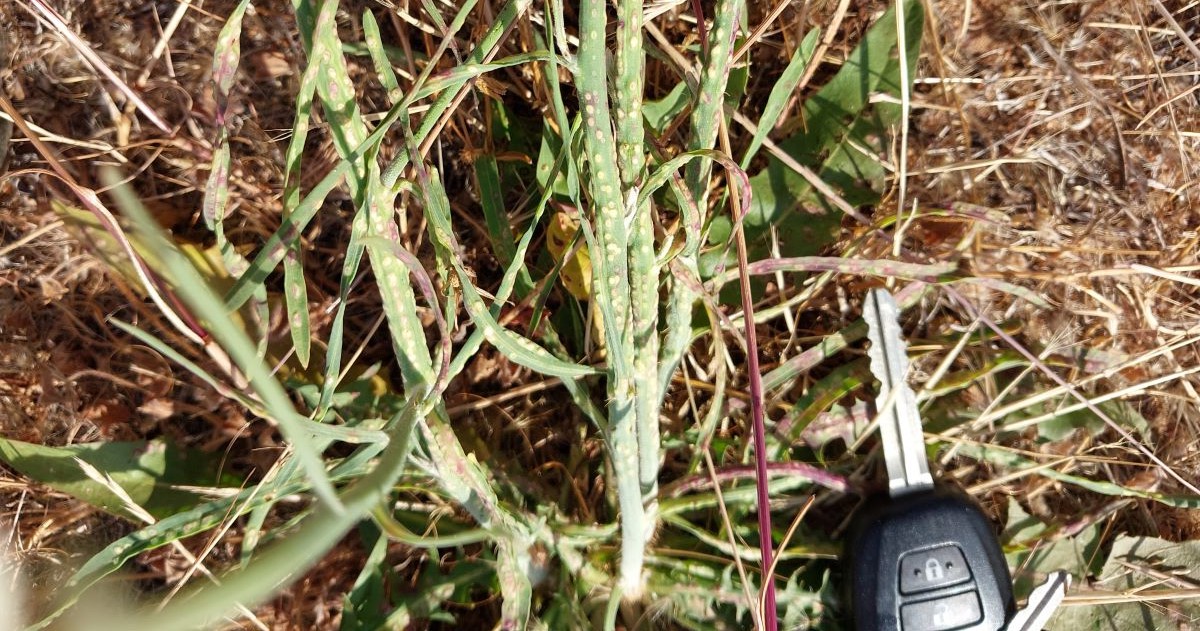

When people think of lung cancer, smoking is often the first thing that comes to mind. However, a surprising number of lung cancer cases occur in people who have never smoked.
In fact, according to research, about 10–20% of lung cancer cases happen in non-smokers.
Understanding the signs of lung cancer in non-smokers is crucial for early detection and better outcomes. Let’s explore what to look for and what the research says about this disease.
Lung cancer in non-smokers is often linked to factors other than tobacco use. These can include exposure to secondhand smoke, radon gas (a naturally occurring radioactive gas that can seep into homes), air pollution, genetic predispositions, and occupational exposure to harmful chemicals.
In some cases, the exact cause isn’t clear, but the risk is real, even for those who have never lit a cigarette.
One of the challenges with lung cancer is that its symptoms often don’t appear until the disease has progressed. However, there are some warning signs that can help catch it early. A persistent cough is one of the most common symptoms.
If you have a cough that doesn’t go away after a few weeks, especially if it worsens over time, it’s worth getting it checked out. Research published in The Lancet Oncology highlights that non-smokers with lung cancer are more likely to present with prolonged coughing as an early symptom.
Shortness of breath or difficulty breathing is another sign to watch for. This can happen if the tumor grows large enough to block airways or if fluid builds up around the lungs.
A study in The Journal of Thoracic Oncology found that non-smokers with lung cancer often report unexplained breathlessness before diagnosis.
Chest pain or discomfort is also a potential warning sign. This pain might be dull or sharp and could worsen when you take deep breaths, cough, or laugh. While chest pain can be caused by many other conditions, it’s important not to ignore it.
Unexpected weight loss and fatigue are additional red flags. These symptoms occur because cancer can affect how your body uses energy and nutrients. If you notice significant weight loss without trying or feel constantly tired, it’s a good idea to see a doctor.
Another symptom to be aware of is coughing up blood or rust-colored phlegm. While this is less common, it’s a serious sign that requires immediate medical attention.
Some research also points to subtle symptoms like hoarseness, recurring respiratory infections, or swollen lymph nodes in the neck or chest. These can occur if a tumor presses on nearby structures or interferes with normal lung function.
Because lung cancer in non-smokers is less expected, it’s sometimes diagnosed later than in smokers. This makes it even more important to pay attention to persistent or unusual symptoms and seek medical advice promptly.
Screening methods like low-dose CT scans can be helpful, especially for people with a family history of lung cancer or known risk factors like radon exposure.
In recent years, advances in research have improved our understanding of lung cancer in non-smokers. For instance, genetic mutations like EGFR and ALK are more common in lung cancers found in non-smokers.
These mutations have led to targeted therapies that are more effective and have fewer side effects than traditional treatments. Studies published in Nature Reviews Clinical Oncology show that non-smokers with these mutations often respond well to these therapies, offering hope for better outcomes.
In conclusion, while non-smokers may not fit the typical profile for lung cancer, they are still at risk. Being aware of symptoms like persistent cough, shortness of breath, chest pain, weight loss, and fatigue can make a difference in detecting the disease early.
If you or someone you know experiences these signs, don’t wait—talk to a healthcare provider. Early diagnosis and advancements in treatment options can significantly improve the chances of recovery, regardless of smoking history.
If you care about cancer, please read studies about a new method to treat cancer effectively, and this low-dose, four-drug combo may block cancer spread.
For more information about cancer prevention, please see recent studies about nutrient in fish that can be a poison for cancer, and results showing this daily vitamin is critical to cancer prevention.








Leave a Comment